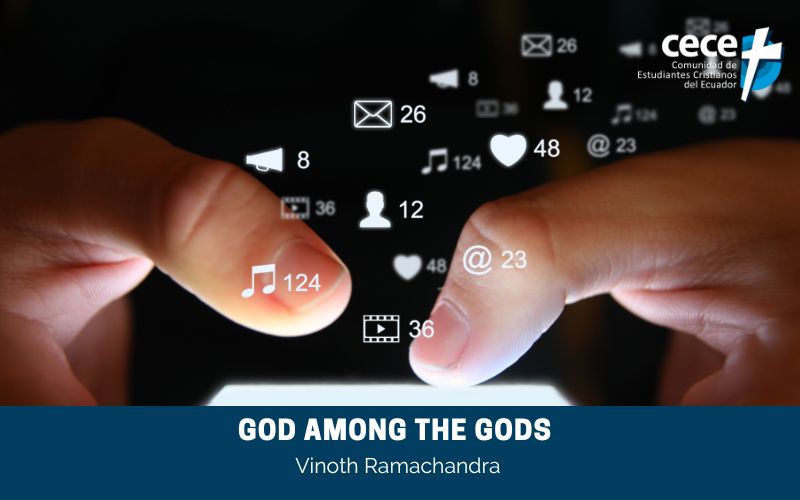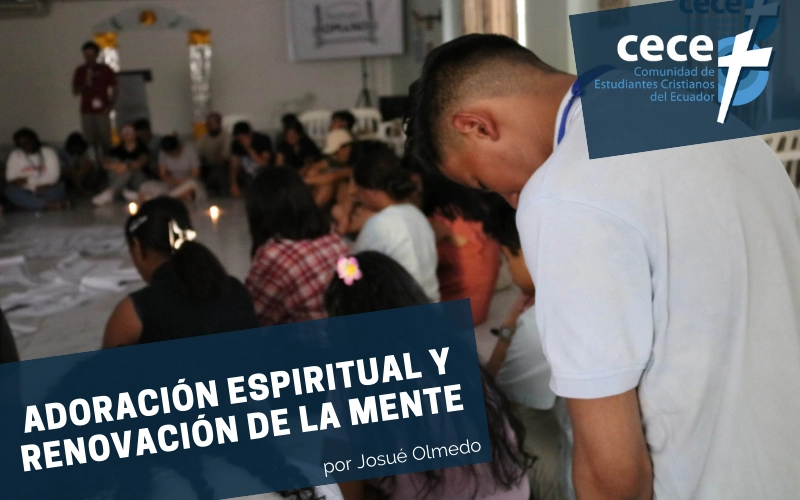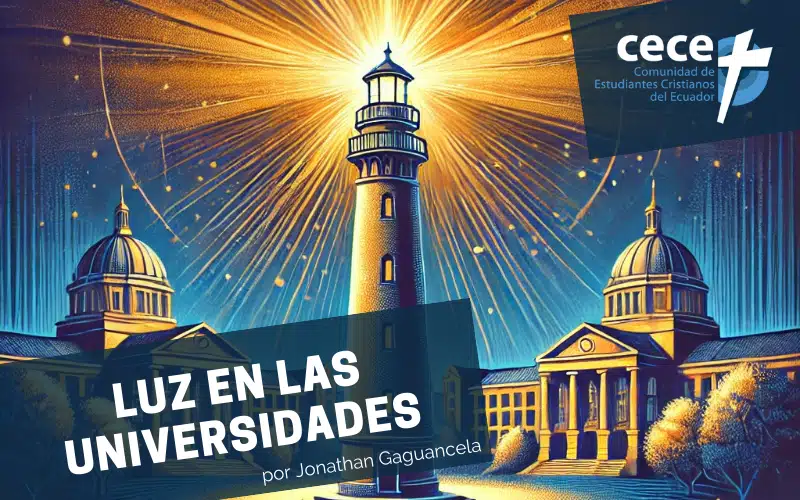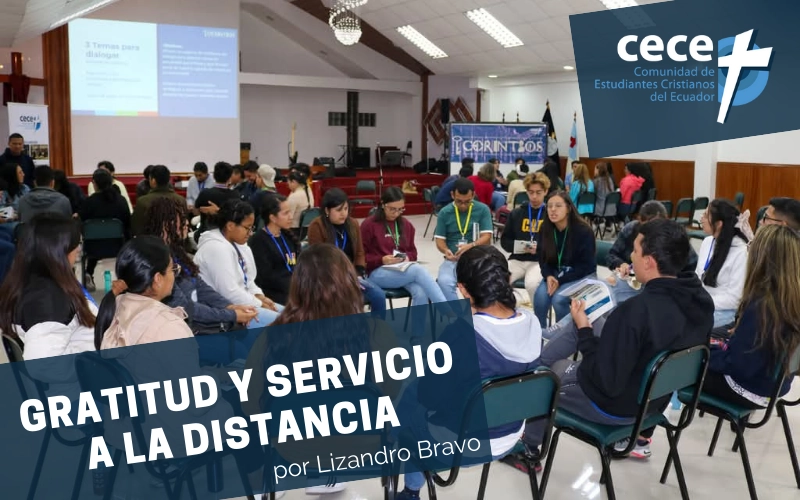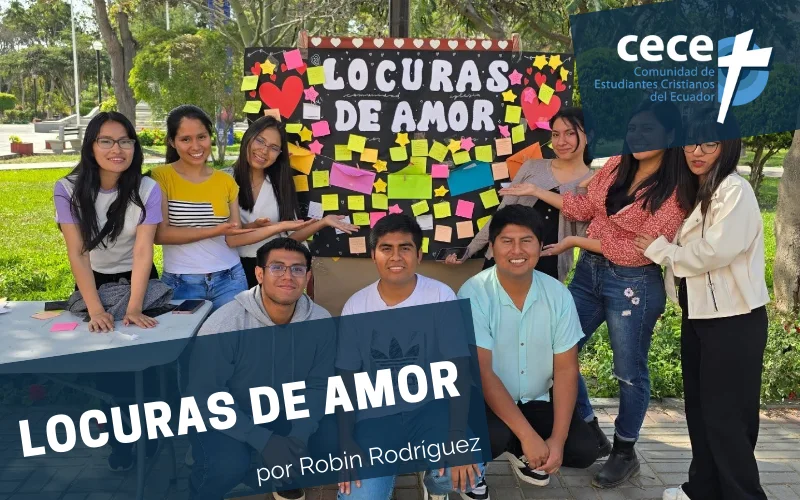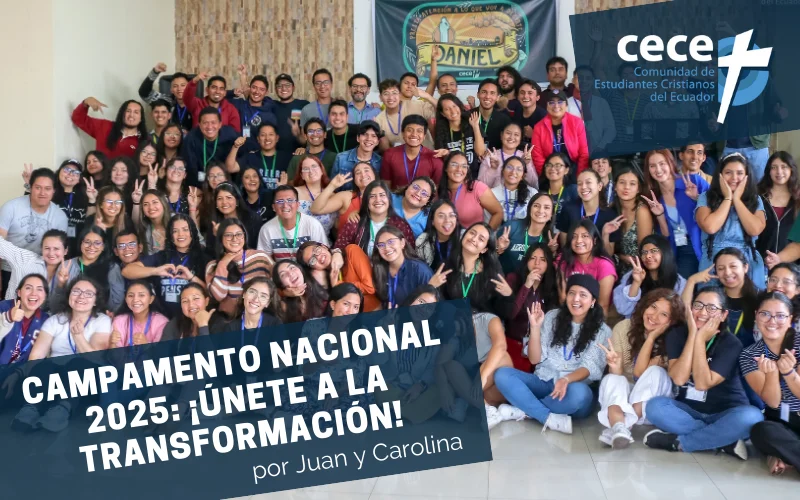“I am Yahweh your God, who brought you out of the land of Egypt, out of the house of slavery; you shall have no other gods before me.” (Exod. 20:2) “Even though there may be so-called gods in heaven or on earth- as in fact there are many gods and many lords- yet for us there is one God, the Father, from whom are all things and for whom we exist, and one Lord, Jesus Christ, through whom are all things and through whom we exist.” (1 Cor. 8:5-6)
These two affirmations sum up the faith of the covenant people of God. The Old Testament tells the story of the Creator of the world, whose character and purposes are revealed though the calling of ancient Israel. This God, known by his covenant name Yahweh (Exod.3 14), was no tribal deity but the unrivalled lord of all nations and active in the histories of all peoples (e.g. Amos 9:7).
While the gods of their neighbours and the great empires of the day (Egypt, Assyria, Babylon) were identified with powerful men- kings, warriors, priests- the God of Israel identified himself with the “widow, the orphan and the stranger”. Thus, when the people of Israel turned their backs on Yahweh, or worshipped Yahweh as if he were another fertility god like the Canaanite Baal, they also turned their backs on the poor. Idolatry and social injustice are two sides of the same coin.
Idol worship involves a contractual approach to the deity: in return for the appropriate sacrifices, the gods are expected to give health, prosperity, military victory, and protection from evil forces. Worship is thus about finding the right technique to obtain the end desired. The final stage in idol formation involves a role-reversal: the idol now controls the life of its worshippers, re-shaping them in its own image (e.g. Ps.115:4-8). The worship of that which is inferior to us can only de-humanize us by turning us into objects rather than persons.
The Christian community in Corinth came out of a background of pagan religion. Food was offered to the gods of the city in order to appease them and seek protection from calamities such as war or famine. After turning to Christ they were reluctant to eat meat that was sold in the marketplace knowing that it had first been “blessed” by the pagan gods. They feared being “possessed” by the old gods through the food they ate.
In 1 Corinthians 8, Paul assures them that these “gods” only have power over us if we believe in their existence and live in fear. They lack reality.
Christian witness should unmask the false gods of our nations. When we forget that concepts such as “nationality”, “religion” and “ethnicity” are human creations, we give them a power over us which they do not otherwise possess, and we find ourselves engaging in actions on their behalf (e.g. discrimination, mass killing) which we may not normally do as individuals.
It is here that the biblical language of demonology is relevant for our modern world. When human beings give to any aspect of God’s creation (e.g., sexuality, family) or to the works of their hands (e.g. science, technology, market forces) the worship that is due to the Creator alone, they acquire a power over us and seek to control us. When what is meant to be a servant is treated as a master, it quickly becomes a tyrant. Having surrendered our hearts, individually and collectively, to idols, we become enslaved by them. Idolatry leads to the sacrifice of the weak and apparently “useless” members of society (foetuses, the landless and the unemployable, the infirm or the mentally handicapped), to the destruction of the earth’s eco-systems, and the abdication of all responsibility for the non-human creation.
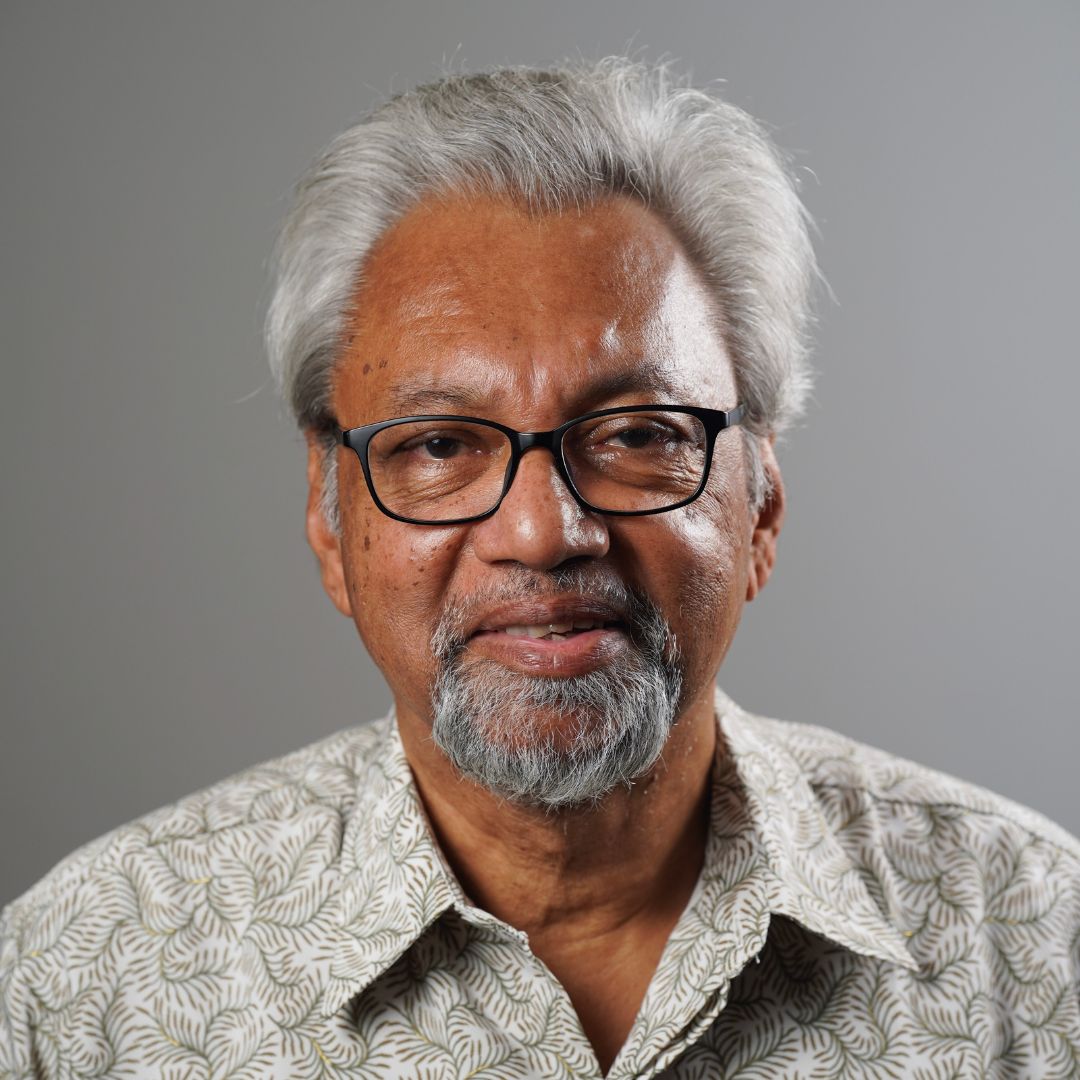
Vinoth Ramachandra
Vinoth Ramachandra is from Sri Lanka and has served IFES in various roles over four decades. He holds both bachelors and doctoral degrees in nuclear engineering from the University of London. He has spoken at a number of secular universities around the world on topics as diverse as Human Rights, global warming, emerging technologies and religious pluralism. His writings address the social, cultural and political challenges facing Christians in different national contexts. He writes occasionally at: https://vinothramachandra.wordpress.com. He is the author of several essays, articles and books including “Gods That Fail”, “Subverting Global Myths: Theology and the Public Issues that Shape Our World” and “Sarah’s Laughter: Doubt, Tears and Christian Hope.”

